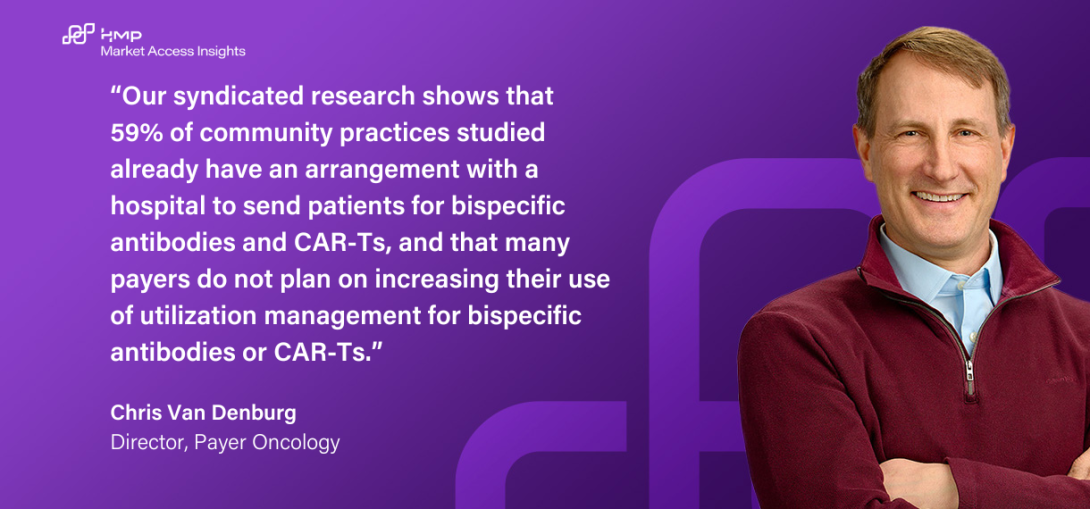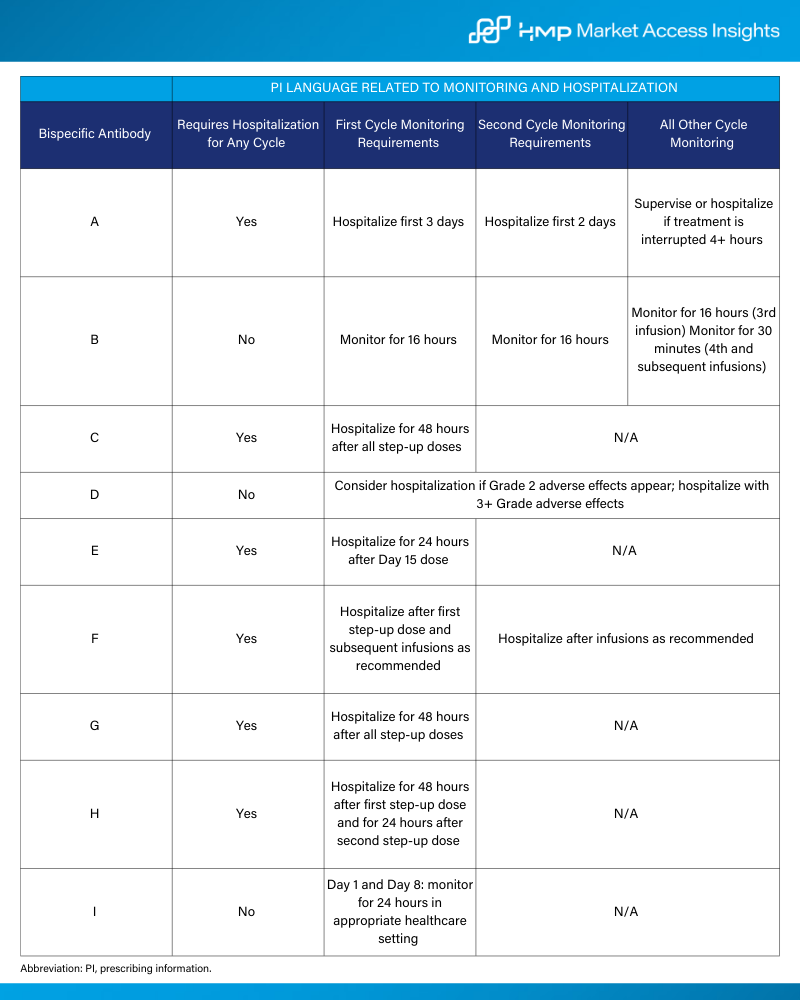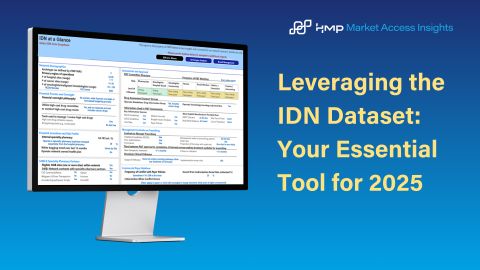

Article
Bispecific Antibodies: A Balancing Act of Promise and Complexity
November 19, 2024Authors
Topics
Bispecific antibodies have emerged with great promise, but adoption has been slower than expected. This was a key topic discussed by a panel of 5 experts at the October 2024 Association for Value-Based Cancer Care (AVBCC) conference.

Bispecific antibodies have emerged with great promise, but adoption has been slower than expected. This was a key topic discussed in the October 2024 Association for Value-Based Cancer Care (AVBCC) conference panel session, “Bispecific Antibodies: Where Do We Stand, and What Are the Barriers to Community Adoption?” The panel of 5 experts explored the factors limiting the use of this innovative treatment option for patients with cancer in the community setting, including:
- Significant side effects including cytokine release syndrome (CRS) and immune effector cell-associated neurotoxicity syndrome (ICANS);
- Publishing delays for guidelines that detail how to manage side effects;
- Significant provider time required for patient monitoring and follow-up;
- Frequency of patient visits to the ER/hospital for management of mild/moderate side effects (vs being treated by the prescribing provider); and
- Significant variation in routes of administration and dosing schedules among the different products.
The AVBCC panelists also discussed the confusing array of different recommendations for hospitalization and monitoring of patients. A review of product labels confirms this point.

A Promising Future Amidst Challenges
The market is predicted to overcome these and other challenges. In fact, 3 of the 4 panelists and the moderator in the AVBCC session expect this class will achieve prominence in 5 years. Relatedly, HMP MAI’s 2024 syndicated research shows that 59% of community practices studied already have an arrangement with a hospital to send patients for bispecific antibodies and CAR-Ts (2024 Community Oncology Annual Trend Report), and that many payers do not plan on increasing their use of utilization management for bispecific antibodies or CAR-Ts (2024 Payer Oncology Annual Trends Report).
For manufacturers, the journey toward wider bispecific antibody adoption presents both challenges and opportunities. As the market adapts to address complex clinical needs and operational demands, there is a clear chance for innovation. Manufacturers who can provide solutions for streamlined monitoring, clear guidance on administration, and efficient care pathways will be at the forefront of a significant market shift.
Please don’t hesitate to reach out if you have any questions: cvandenburg@hmpglobal.com.
The Latest
Article
Thought Leadership Whitepaper: How Will Medicare Drug Price Negotiations Really Impact Providers?
As manufacturers prepare for Medicare drug price negotiations, a critical question emerges: How will your provider engagement strategy evolve when Maximum Fair Prices (MFP) take effect in 2026?
Emma BijesseArticle
Meet Dan: Researcher, Dad, and Oncology Report Innovator
At HMP Market Access Insights, we’re lucky to have a team of experts dedicated to uncovering meaningful insights in the oncology space. One of those experts is Dan, whose work is shaping how we approach community oncology research.
Daniel BuchenbergerArticle
Leveraging the IDN Dataset: Your Essential Tool for 2025
As IDNs face increasing complexity in oncology management, having a strategic approach backed by actionable insights is critical. Our dataset doesn’t just offer data—it equips your teams with the tools to anticipate challenges and seize opportunities.
Emma Bijesse





